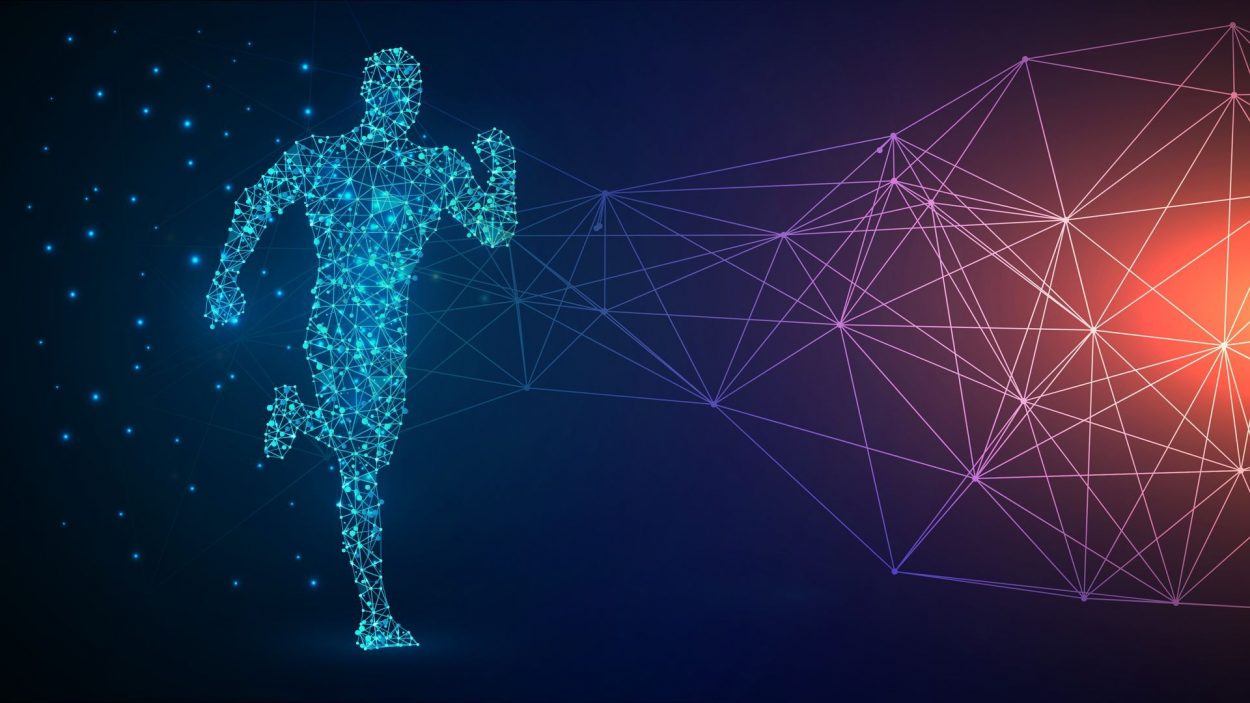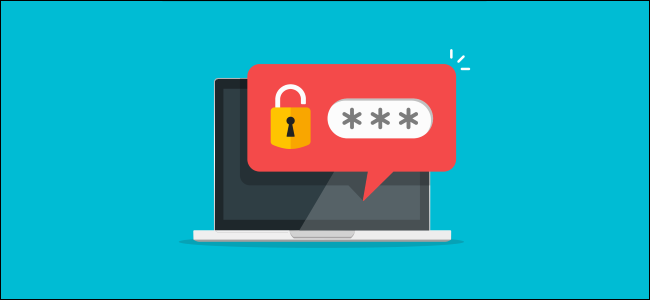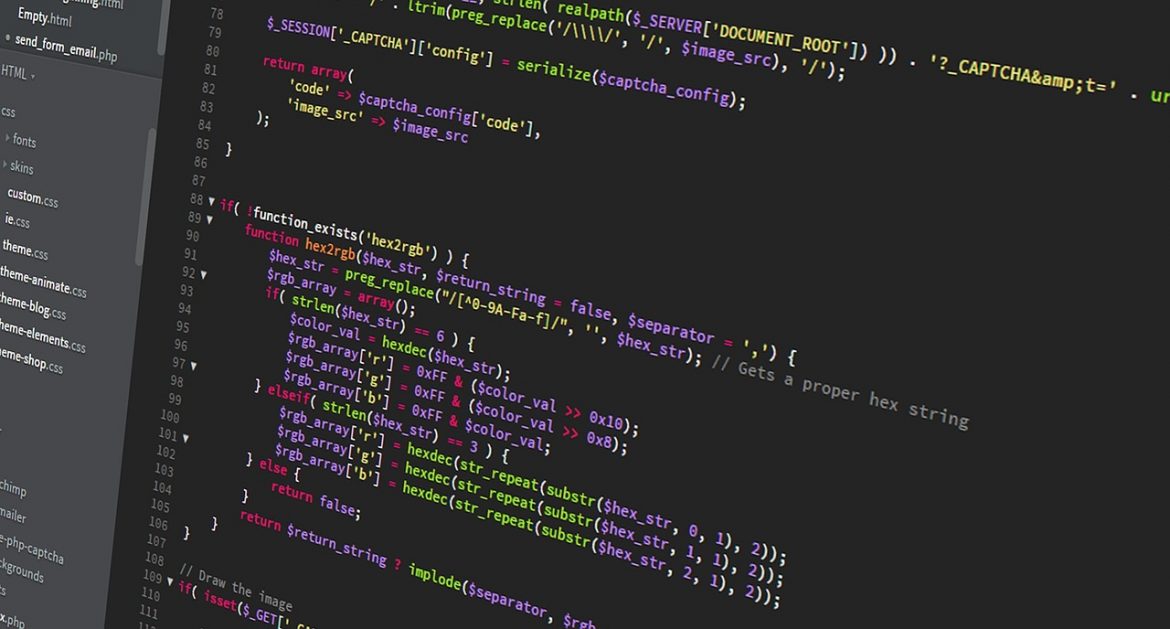Data privacy is a critical concern in today’s digital age, particularly when it comes to handling personal identifiable information (PII). For organizations using Snowflake, a cloud-based data platform, data anonymization serves as a fundamental security measure to safeguard the privacy of individuals whose data is stored within the system.
Data anonymization in Snowflake involves the process of removing or obscuring PII to ensure that it can no longer be traced back to specific individuals. Various techniques are available for anonymizing data, each offering different levels of protection and trade-offs. Let’s explore some common methods:
- Data Masking: This technique involves substituting PII with non-identifying values, such as randomly generated numbers or strings. This way, the original information remains concealed while retaining the data’s structure and characteristics.
- Data Pseudonymization: Here, PII is replaced with unique identifiers that have no direct link to individuals. This ensures that the data can be used for analysis and processing without revealing the identity of individuals.
- Data Generalization: In this approach, PII is grouped into broader categories, such as age ranges or zip codes. Generalizing data allows for statistical analysis while protecting individual identities.
- Data Perturbation: Adding noise to PII data makes it more challenging to identify specific individuals. By introducing random variations, the data maintains its overall pattern but loses the potential to identify individuals.
- Data Swapping: This technique involves exchanging PII data with information from other individuals. As a result, any link between the original data and specific individuals is severed, providing an additional layer of protection.
Selecting the most suitable anonymization technique for Snowflake depends on the specific requirements of the application. Several factors need consideration:
a) Level of Privacy Required: The sensitivity of the data influences the aggressiveness of the anonymization technique chosen. Highly sensitive data demands stronger anonymization measures.
b) Impact on Data: Some anonymization methods can affect the data’s quality and utility. Balancing data protection with data usability is essential for making informed decisions.
c) Cost of Anonymization: Different anonymization techniques come with varying costs. Choosing a cost-effective approach for the specific application is prudent.
Thankfully, Snowflake provides a range of tools and features to assist with data anonymization:
- Dynamic Data Masking Feature: Users can dynamically mask PII data based on specific criteria or user roles, offering a dynamic and tailored approach to data privacy.
- Snowflake Data Privacy Library: This resource offers functions and procedures designed specifically for anonymizing data, streamlining the process for users.
Following some essential tips can further enhance the effectiveness of data anonymization in Snowflake:
- Consistent Approach: Adopt a consistent and standardized approach to anonymization, simplifying tracking and management of anonymized data.
- Document the Process: Properly document the anonymization process to ensure compliance and facilitate proper data handling.
- Test Anonymized Data: Thoroughly test anonymized data to ensure that the process does not negatively impact data quality and usability.
- Retain Original Data: Keep a secure copy of the original data to facilitate restoration if necessary, maintaining data integrity and readiness.
By implementing these tips and utilizing Snowflake’s built-in tools and features, organizations can effectively anonymize data, ensuring the privacy of individuals is protected. As data security and privacy continue to be paramount concerns, conscientious anonymization practices are a crucial step toward building trust with customers and stakeholders.
But why?
Ok, we all know why. Here are actual ways that data anonymization in Snowflake serves essential business purposes and is crucial:
- Compliance with Data Protection Regulations: Many countries and regions have stringent data protection laws, such as the General Data Protection Regulation (GDPR) in the European Union or the California Consumer Privacy Act (CCPA) in the United States. Organizations that collect, process, or store personal data must comply with these regulations. Anonymizing data in Snowflake ensures adherence to such laws and helps avoid hefty fines and legal consequences.
- Protecting Customer Trust: Consumers are increasingly concerned about their data privacy and how organizations handle their personal information. By anonymizing sensitive data, businesses demonstrate a commitment to safeguarding customer privacy, which helps build trust and loyalty among their user base. Your brand depends on this.
- Secure Data Sharing: In collaborative environments or partnerships, businesses often need to share data with external parties. Anonymizing the data ensures that sensitive information is not disclosed, allowing organizations to share valuable insights without compromising individuals’ identities.
- Testing and Development: Anonymized data is ideal for testing new applications, software, or business processes. Developers and testers can work with real-like data without exposing actual personal information, reducing potential risks and ensuring the confidentiality of sensitive data.
- Data Analytics and Research: Organizations frequently analyze large datasets to derive valuable insights and make informed decisions. Anonymized data allows data scientists and analysts to perform in-depth analytics without violating privacy regulations or ethical concerns.
- Third-Party Services: Businesses often rely on third-party services for data analysis or marketing. By providing these services with anonymized data, organizations can benefit from external expertise without compromising the privacy of their customers or employees.
- Reducing Insider Threats: Anonymization helps mitigate insider threats by limiting access to sensitive personal information. Even if an employee gains access to the data, they will not be able to identify individuals, reducing the potential for misuse.
- Data Breach Mitigation: In the unfortunate event of a data breach, anonymized data can minimize the impact on affected individuals. Cybercriminals would only access de-identified data, making it less valuable and reducing the risk of identity theft.
- Ethical Data Research: In certain research scenarios, particularly in healthcare or social sciences, it is crucial to use anonymized data to protect the privacy and confidentiality of study participants while still allowing for valuable research outcomes.
- Competitive Intelligence: Sharing anonymized data with external market research firms or consultants enables businesses to gain valuable competitive insights without divulging sensitive business or customer information.
Data anonymization in Snowflake is not only essential for legal compliance but also plays a pivotal role in building trust with customers, enabling secure data sharing, facilitating data analysis, and safeguarding sensitive information. Embracing these practices helps businesses maintain a competitive edge while respecting the privacy and ethical considerations surrounding personal data.





